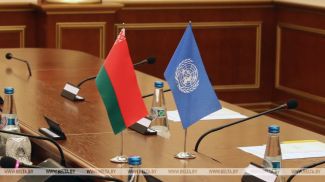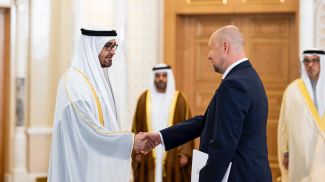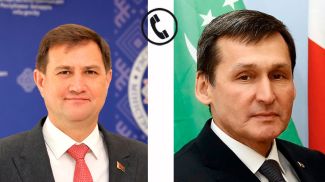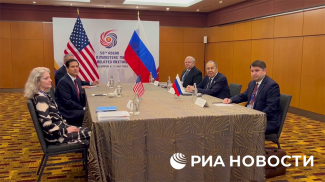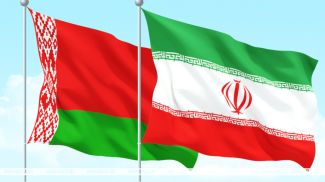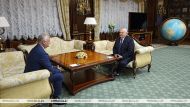MINSK, 11 January (BelTA) - China is Belarus' investor and a cooperation partner in high-tech industries, political analyst Vadim Borovik told BelTA.
“China and its leadership pursues a friendly policy to Belarus. Today China acts as a country that offers ways of development and building up trade, economic, social and political cooperation in a constructive manner. This is what we, Belarusians, appreciate, since China has often provided full support to Belarus at the highest political level. China is Belarus' investor and a cooperation partner in high-tech industries. We export our potash fertilizers, our products to China in large volumes. The Chinese market is huge, and we are constantly increasing mutual trade thanks to good and kind relations between our leaders and our people,” said Vadim Borovik.
The political scientist echoed China's stance on the unacceptability to interfere in the internal affairs of sovereign Belarus. “The Chinese leader said that one cannot interfere in the choice of the country at a certain historical stage. These are very wise words, since many people try to impose some cliches on this or that state. Countries have different social and cultural environments; they have their own historical background. Some countries move fast ahead, others see this movement in a different light. The position of a country and its attitude to the social, political and economic structure should fit its current historical stage,” he said.
Vadim Borovik stated that today Belarus is improving the political, economic and social sectors in the interests of the Belarusian people and the country's partners. “We are glad that China understands that the way of evolution and development is much more constructive than these revolutionary shifts that disappear states from the geopolitical map and bring about serious economic and political cataclysms. The 30 years of Belaurs-China diplomatic relations mean mutual understanding, support, excellent trade and economic relations and the respect for each other, and the respect between our leaders,” the political scientist added.




